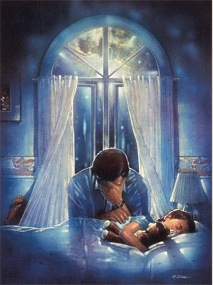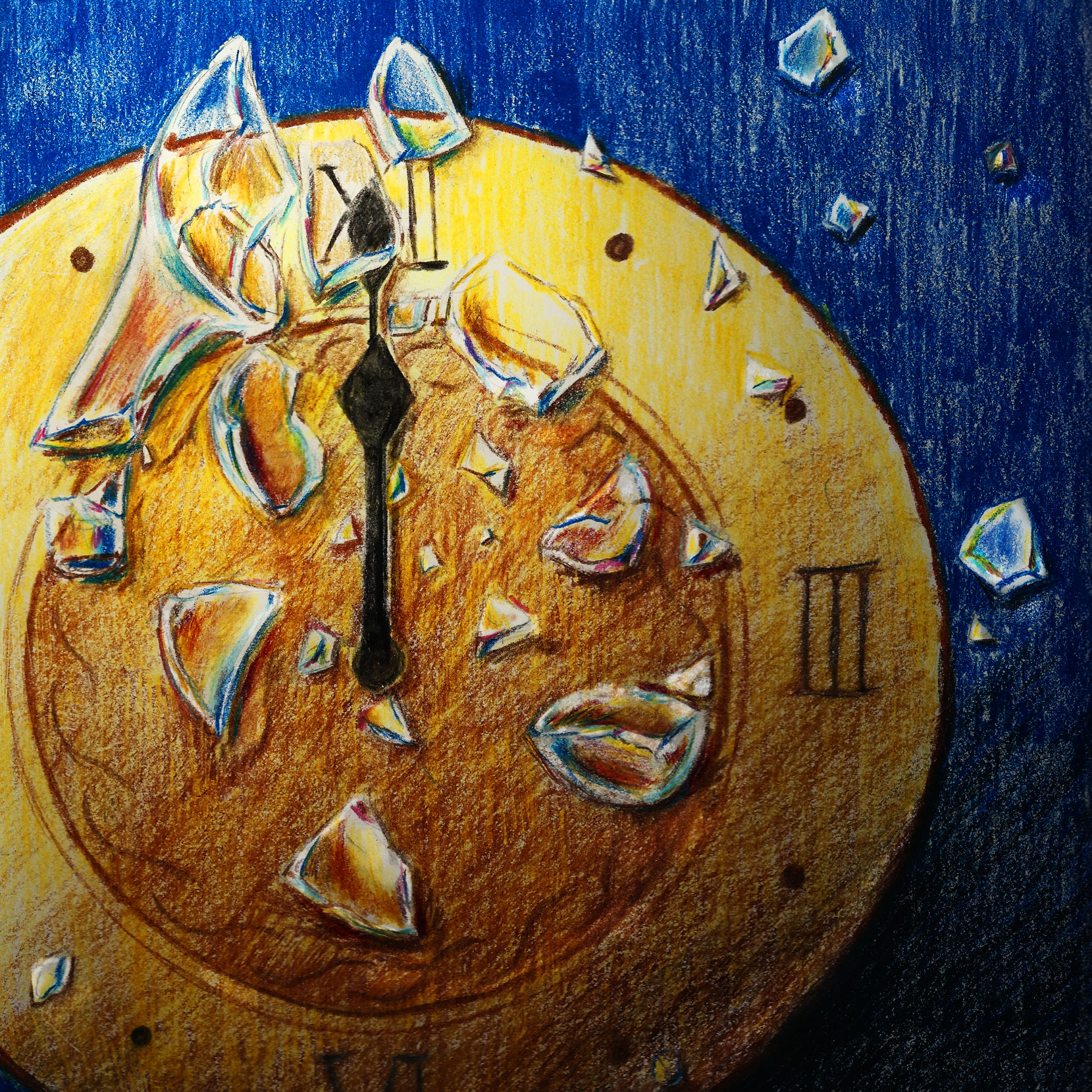On Learning to Love a Tow Truck
If you’ve read anything I’ve written this year, you know that Jack, my autistic eleven year old, loves the movie Cars 2, and I don’t. I’m a grown man and a Pixar apologist (there should be a badge for people like me), but I cannot abide the studio’s version of The Fast and The Furious. The story is jumbled and lame, the noise is loud and unrelenting, and the rusty protagonist drives me backwards insane.
I grew up in East Texas, so you’d think I had some appreciation for Mater the Tow Truck, but so help me, the man who voices him, Larry the Cable Guy, strikes me as decidedly unfunny. This character grates on me from the beginning, and he does not let up for the entire ninety minutes. It’s exhausting.
But oh, my dear son . . . he disagrees. Jack adores Mater, and he has watched his bumbling heroics hundreds of times without ever tiring of it.
The English writer G.K. Chesterton maintained that, “Part of God’s infinity is manifested in a little child’s propensity to exalt in the monotonous.”
A child glories for weeks in his only two knock-knock jokes. He gets tossed in the air and laughs and says, “do it again!” God, too, makes the sun rise and says, “do it again!”
Adults though? Dad, especially? Monotony is hard for us. It is the opposite of adventure. There are no twists, no surprises, no opportunity for Keizer Soze’s hand to un-cripple itself or for Jack Buck to call, “I don’t believe what I just saw!” Monotony is wonder-less.
Except there they are: our children, especially our children on the spectrum. There they are, watching the same tow truck bumble his way around the world as the same accidental spy, and get the same inexplicable knighthood in the end. And even after the five-hundredth viewing, there is fairy-tale affection in their eyes.
Why do our children delight? Is it that their young minds are so limited and their tastes so unrefined? Are they just bored and don’t even realize it?
Or maybe we are the problem. Maybe our culture is simply addicted to novelty.
Maybe we get bored so easily because our imaginations have become petulant tyrants, suspicious of routine, and demanding newness all the time.
I’ll be honest, even the word “routine” sucks the imagination right out of me. And that, friends, is my problem, not my son’s.
For Jack, routine is more than a necessity. It is a comfort. For my son, repetition is not the droning, looping script that I hear, but a room of friendly voices, casting the the place in warm tones, classic jokes, and action sequences that never stop being awesome.
Parents, hear me: we need to slow down and get younger. We need to let our children teach us from time to time. They still believe in pixie dust, in spy cars, and in houses that fly, and the main reason we don’t is we’re too easily exasperated. My old headmaster used to say, “if you’re bored, it’s because you’re boring.” I think he was right. And just because we’re boring and cynical doesn’t mean ours is the better way.
There are treasures in slowness. There is beauty in the retellings. There is wonder even in predictability.
I’m trying to learn it. I’m trying to make peace with Jack’s looping obsessions. I’m even trying to like Cars 2. Really. And you know what I’ve discovered? The Italian racer, Francesco, is actually quite hilarious. And even Mater . . . well, there was this one moment when he asks about a drink for McQueen, and he misunderstands Guido, and . . . I laughed.
I’m never going to be a big fan of this movie, or of this character. He will never rank next to Sheriff Woody or Mr. Incredible or Remi the Rat or Carl Frederickson. But through repeated viewings, I am starting to at least see what Jack sees in him, if only just a little. The awkward misfit just wants to do what’s right; to have fun, and be a hero.
If Mater’s antics serve to reinforce those ideals, I can live with that. If monotonous viewings of a mediocre film cause my son’s mind to explode with possibility, then I will sit next to him and squint my eyes to find the wonder. I will never have the infinite patience of God Himself, but I think I can re-learn some measure of child-likeness. And that is appropriate, for as we know, the kingdom of heaven does not belong to the most refined among us, but to the wide-eyed and hopeful. To children.




